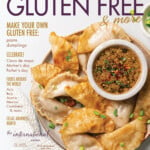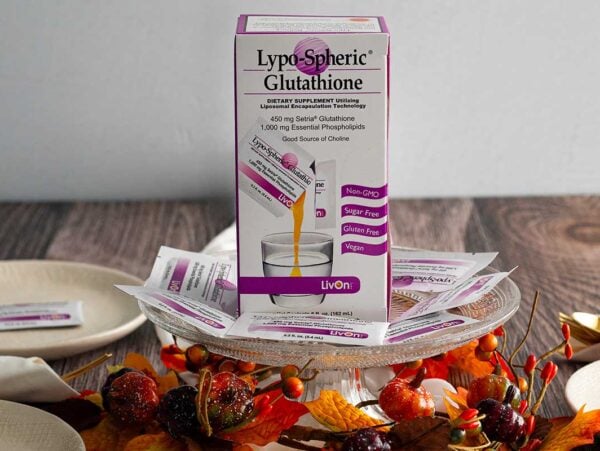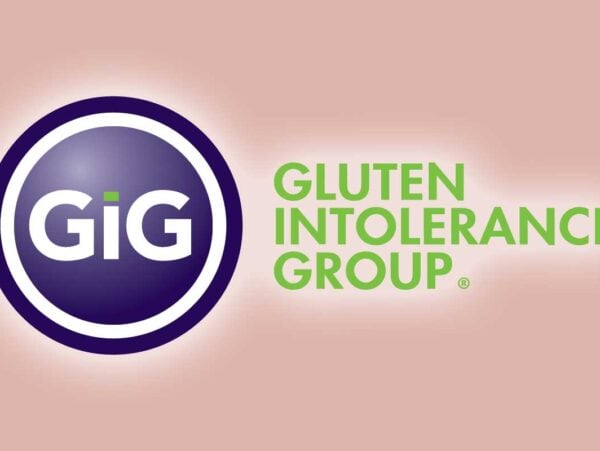What is Gluten? A Guide for Celiac Disease and Gluten Sensitivity
Updated Oct 17, 2025, Published Jan 18, 2024
This post contains affiliate links. Please see our disclosure policy.
Gluten, a term commonly thrown around in health and dietary conversations, is a protein found in wheat, barley, and rye. For most people, consuming gluten poses no threat to their health. However, for individuals with celiac disease and gluten sensitivity, it’s a different story. Let’s take a deeper look at the subject.
What is Gluten?
Gluten is a composite of proteins, primarily gliadin and glutenin, that give elasticity to dough (think pizza dough – so stretchy) and contribute to the texture of bread. It also adds structure to baked goods – it’s one of the things that makes cakes that rise and not fall down.
While it is a staple in many diets, individuals with celiac disease or gluten sensitivity experience adverse reactions when gluten is ingested.
What are Celiac Disease and Gluten Sensitivity?
Celiac disease is an autoimmune disease where damage in the small intestine occurs when one ingests gluten. Autoimmune diseases result in the body’s immune system overreacting to certain substances, causing it to attack itself – the body’s own tissues. The body treats the ingestion of gluten the same way it would a toxin – like rat poison for instance.
On the other hand, gluten sensitivity, also known as non-celiac gluten sensitivity (NCGS), is a condition in which individuals experience symptoms similar to those of celiac disease, but without the autoimmune response. While people with gluten sensitivity do not test positive to tests for celiac disease they experience intestinal troubles plus things like inflammation, skin conditions, osteoporosis, and other problems that occur with celiac disease and just like celiac disease, the solution is to avoid gluten.
In short, the “treatment” for both celiac disease and gluten sensitivity is the same – NO GLUTEN!
Since there is no cure for celiac disease or gluten sensitivity, the answer lies in avoidance.
What to Avoid:
Wheat-based Products:
Wheat is a major source of gluten, so products like bread, pasta, and baked goods made from wheat flour should be strictly avoided.
Barley and Rye:
Products containing barley or rye should be excluded from the diet. This includes certain types of beer, cereals, and bread.
Processed Foods:
Many processed foods may contain hidden sources of gluten. Always check labels for ingredients like modified food starch, malt, or hydrolyzed vegetable protein.
Cross-Contamination:
Even if a product is labeled gluten-free, cross-contamination can occur during processing. Individuals with celiac disease should be cautious and opt for certified gluten-free products.
Oats (if not labeled gluten-free):
While oats themselves don’t contain gluten, they are often processed in facilities that handle wheat. It’s essential to choose oats labeled as gluten-free.
This is by no means a full list of what to avoid (for more information see here) but the above are the main players.
You should always read labels! New labeling laws in America make it much easier to see if products contain wheat or gluten.
Benefits of a Gluten-Free Lifestyle:
While there are over 200 symptoms of Celiac Disease, here are just a few benefits of a gluten-free diet:
Digestive Relief:
Individuals with celiac disease or gluten sensitivity often experience digestive discomfort. Adopting a gluten-free diet can alleviate these symptoms.
Improved Energy Levels:
Gluten intolerance can lead to fatigue. Going gluten-free may result in increased energy levels and improved overall well-being.
Healthy Food Choices:
Following a gluten-free diet encourages the consumption of whole, unprocessed foods like fruits, vegetables, and lean proteins. This is not only beneficial for the “treatment” of celiac disease or gluten sensitivity, but also good for an overall healthy lifestyle.
Obviously, understanding gluten is crucial for those with celiac disease and gluten sensitivity. Avoiding gluten-containing products is a necessary step towards managing these conditions and improving overall health. As the awareness of gluten-related disorders grows, embracing a gluten-free lifestyle becomes not just a necessity but a pathway to a healthier and more vibrant life.













